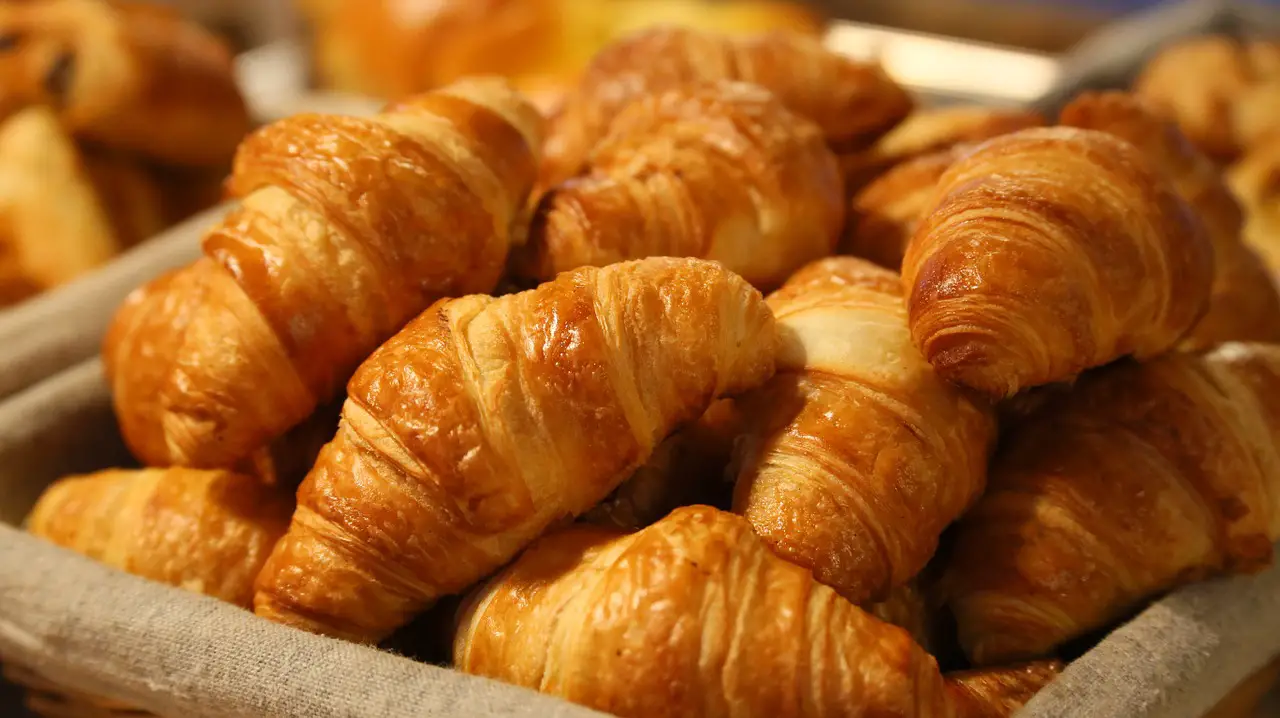If you’ve ever baked bread or pastries, you’ve probably wondered about the differences between bread and pastry flours. The two types of flour are made from different grains and have specific properties that make them better suited for certain recipes.
Pastry flour is a lower protein content and higher starch content than bread flour. This makes it work better in recipes that need tender and delicate textures, like cookies and cakes. Bread flour, on the other hand, has a high protein content and low starch content. This makes it ideal for recipes that need to hold up to rigorous handling, such as pizza dough or baguettes. Here are some ways to tell which type of flour is right for your recipe:
#1: Check your recipe for ingredients
#2: Read the package to see if it says “bread” or “pastry”
#3: If you’re not sure, just pick one! You can always add more to get the consistency you want.
What are the differences?
#1: The protein content
The protein content is one of the most important differences between bread and pastry flours. Pastry flour has a lower protein content, which means it doesn’t have to deal with as much gluten development, making it more delicate. Bread flour, on the other hand, has a higher protein and low starch content and requires more gluten development for a chewy texture.
#2: The starch content
The starch content is another difference between bread and pastry flours. As we mentioned before, pastry flour has a higher starch content than bread flour. This makes it perfect for recipes that require delicate textures like cookies and cakes. Bread flour, on the other hand, has a lower starch content which makes it work better for recipes like pizza dough or baguettes that need to hold up to rigorous handling.
#3: Different textures
Both types of flours create different textures in baked goods because they react differently when you use them in certain recipes. Pastry flour creates tender and soft textures whereas bread flour creates chewier and tougher textures.
Bread Flour
, Pastry Flour, and All-Purpose Flour
If you’re not sure which flour to use, it’s often best to use all-purpose flour for a recipe. This way, it can handle most recipes. However, if the recipe calls for bread or pastry flour, then by all means, go with that type! You can always add more of the other flour to get the consistency you want.
There are many different types of flours out there and they all have different purposes and properties. If you want to make the perfect baked good every time, make sure to pay attention to what type of flour is called for.
Pastry Flour
Pastry flour is a low-protein flour that’s made from wheat. It’s typically softer than cake flour, which is also made from wheat. Pastry flour is used for baking pastries and cakes, as it gives baked goods their delicate, airy texture.
Bread flours are high-protein flours that are made from a blend of hard and soft wheat. Bread flour is used for baking bread because it has a high protein content and can withstand the rigorous handling of kneading without breaking down.
Conclusion
When deciding what type of flour to use for your homemade goods, it can be difficult to determine which is best for what you are making. It depends on what you are cooking and how you want it to turn out. So, here is the definitive guide to help you decide.
If you are using flour for your bread, it should be made of bread flour. Bread flour has more gluten than any other type of flour, which creates the tight elasticity that is necessary for dough. Pastry flour is more finely milled and has less gluten content, so it will not produce that same elasticity. Pastry flour is more finely milled and has less gluten content, so it will not produce that same elasticity.
If you are looking to make baked goods, such as cookies, pie dough, or cake batter, pastry flour may be a better option. Pastry flour does not have as much gluten as bread flour, so it will result in a softer product with a more delicate texture. Pastry flour is more finely milled and has less gluten content, so it will not produce that same elasticity.
Pastry flour is the ideal choice for pastries because it creates a lighter product with a more delicate texture.

